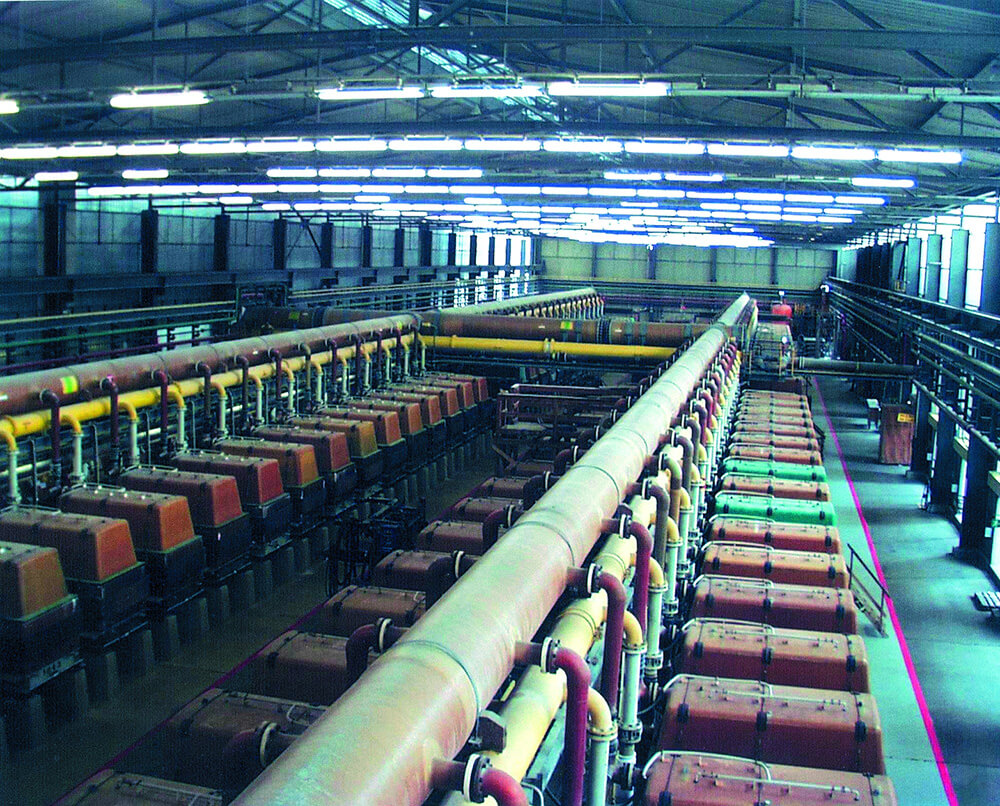FWIW - DC is actually just as dangerous than AC, just not typically at 12/24v. Dont think for a moment that working with high voltage DC is any safer than high voltage AC. Although, even at these lower voltages but with a high current power source, a direct short can and will cause fires or explosions. Although you can, in theory, touch an AC line at 120v without killing yourself, if you're not grounded, the problem is that ground is a relative thing. Electricity will always find the least resistance path to ground. You are very likely to be at least partially grounded more often than you realize. I have had several painful reminders that AC power is present, a few times even when it was not supposed to be. Power can also sometimes be found on the neutral wire and occasionally even on the ground wire. Higher voltages means higher risk until the point where electricity actually flow through the air looking for a ground source (arc flash).
I think the intent was simply to point out that electricity should be respected and when working on it, it is always good to be educated and experienced. Accidents happen when someone doesn't expect a danger - that is when people die. That is also why it tends to be very new inexperienced (didn't know better) workers and very old experienced (got complacent) workers that get into the most trouble.
Now, lets get back to boating....
I think the intent was simply to point out that electricity should be respected and when working on it, it is always good to be educated and experienced. Accidents happen when someone doesn't expect a danger - that is when people die. That is also why it tends to be very new inexperienced (didn't know better) workers and very old experienced (got complacent) workers that get into the most trouble.
Now, lets get back to boating....



Comment